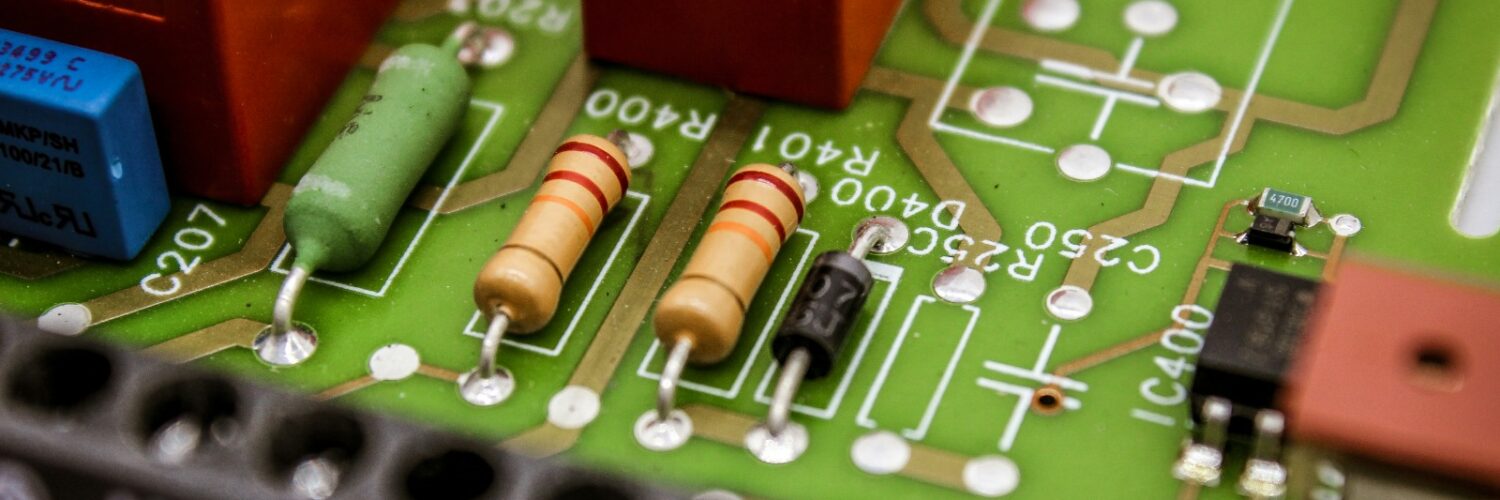Germany’s Massive Investment in Semiconductors
In response to the ongoing global chip shortage, Germany has made a substantial commitment by announcing a €20 billion investment in its semiconductor industry. This move aims to address the current crisis and enhance Germany’s role in the global semiconductor market.
Semiconductors, commonly known as chips, are crucial components in modern technology, powering everything from smartphones and cars to home appliances. The global shortage of these chips has created significant challenges across various industries, making Germany’s investment a much-needed beacon of hope.
Germany’s investment is not just a short-term fix but a strategic effort to become a major player in the semiconductor industry, which is currently dominated by Asian and American firms. The investment will support innovation and help build a robust tech ecosystem within Germany, reducing reliance on foreign chip manufacturers.
However, solving the chip shortage requires more than just national efforts. The semiconductor supply chain is intricate and spans multiple countries and industries. Global collaboration is essential to address the complexities of this issue.
Germany’s investment is a clear message to the world, emphasizing a commitment to both immediate solutions and long-term goals in the semiconductor sector. This move reflects a strategic approach to innovation and a determination to tackle the semiconductor challenge head-on.

The Global Chip Shortage: A Perfect Storm of Causes
The chip shortage affecting 169 industries worldwide is a result of a confluence of factors that have created a complex global supply chain crisis. Understanding these factors provides insight into the current challenges and the necessity for proactive measures like Germany’s €20 billion investment.
Early 2020: The Impact of the Pandemic
The COVID-19 pandemic disrupted global supply chains and logistics significantly. With more people working from home, there was a 13% increase in global demand for PCs, leading to a sudden and severe shortage of chips. This shortage impacted a wide range of products, including automobiles, highlighting the need for immediate and strategic solutions.
Late 2020: US-China Trade War
The trade war between the US and China intensified the chip crisis in late 2020. The US imposed restrictions on Semiconductor Manufacturing International Corporation (SMIC), China’s largest chip manufacturer. These restrictions made it challenging for SMIC to sell chips to American companies, exacerbating the global shortage.
2021: Cryptocurrency Boom
The rise in cryptocurrency mining in 2021 further strained the chip supply. Cryptocurrency mining requires specialized hardware, increasing the demand for chips and reducing their availability for other uses. Although the subsequent decline in cryptocurrency values has eased some pressure, the initial surge in demand had significant impacts.
Summer 2021: Weather Disruptions in Taiwan
Taiwan, a key player in chip production, experienced severe droughts in the summer of 2021. These droughts affected the production process, as ultra-pure water is essential for cleaning silicon wafers used in microprocessors. The lack of sufficient water disrupted chip manufacturing, contributing to the global shortage.
April 2022: Russia’s Invasion of Ukraine
Russia’s invasion of Ukraine in April 2022 had a notable impact on the chip industry. Ukraine is a major supplier of neon gas, crucial for lasers used in chip production. The conflict led to the halting of operations by Ukraine’s leading neon suppliers, causing further disruptions in chip supplies.
Connecting Germany’s Investment to the Global Crisis
Germany’s €20 billion investment is a proactive response to the global chip shortage exacerbated by these factors. The investment aims to mitigate some effects of the crisis and strengthen Germany’s position in the global semiconductor market.
Addressing the chip shortage involves both immediate actions and long-term strategies. Germany’s commitment is part of a broader global effort to navigate the complexities of the semiconductor supply chain, influenced by the pandemic, geopolitical tensions, and other disruptions.
Germany’s investment reflects a strategic approach to overcoming the chip shortage and ensuring a more stable and self-sufficient tech future. As the world continues to face challenges in the semiconductor industry, Germany’s bold steps may serve as a model for other nations and companies aiming to address these global supply chain issues.
In summary, Germany’s €20 billion investment represents a significant commitment to tackling the semiconductor crisis. By focusing on innovation, supporting domestic tech startups, and striving for greater self-sufficiency, Germany is setting a precedent for how countries can address the global chip shortage and reinforce their position in the tech industry.





Add comment